
Read or listen offline
Amazon KindleRecommendation
To discuss how your company can create value, authors Erik Stern and Mike Hutchinson first offer a gloss on financial issues beginning with the basics. The book’s point of departure is a presentation of core knowledge about efficient markets, shareholder value creation and the motivational use of compensation. The authors’ primary business in the first half of the book is recapping these foundation issues in a digressive style replete with tangents and asides. In the second half of the book, they offer a stew of recommendations and suggestions that range from how to build value in your company to how government should increase overall value creation. The authors’ opinions are plain, although some of their interpretations of history and finance may be open to debate. Stern created the Wealth Added Index (WAI), which measures value. He and his co-author now step forward with their explanation of how to create lasting value. The presentation is weakened by their scattered approach, but getAbstract.com agrees with their contention that any individual can build value and appreciates their case histories. Overall, the book is better suited for those who need an overview of the basics, rather than those seeking an advanced perspective on value creation.
Summary
About the Authors
Erik Stern is managing director of European Operations and Senior Vice President of Stern Stewart & Co. He co-authored The Capitalist Manifesto. Mike Hutchinson is a professional writer and former vice president of Stern Stewart & Co. Both authors have written for various publications internationally and have appeared on numerous television programs.







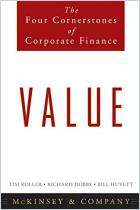
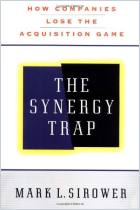
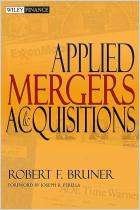
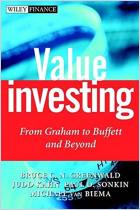

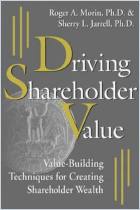




Comment on this summary or Iniciar a Discussão